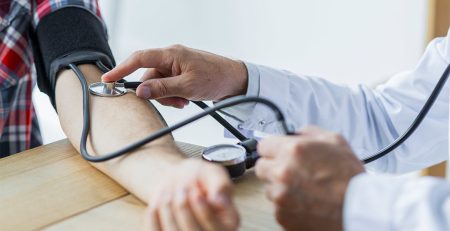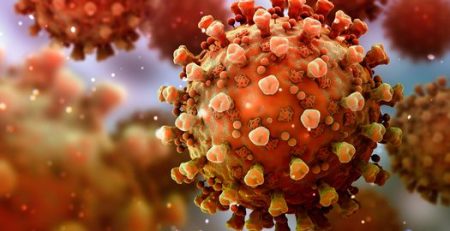Care after COVID-19: 6 things to do after recovery from coronavirus
Care After COVID-19: Here Are 6 Things To Do After You Have Cured Of Coronavirus Infection
1. Exercise constantly: Exercise can be strenuous if you are recovering and your body is weak, however, gradually bringing it into your daily schedule will make you physically and mentally healthy.
2.Have a Nutritional Nutrition Routine: Another basic practice is to have a nutrient-rich, supplemental diet to help speed recovery. Coronavirus opens the body to a stress tone and medications can also weaken your body. Some patients also experience unexplained weight loss or weight gain. Thus, try to have a well-organized diet loaded with safe organic products, vegetables, eggs and poultry to compensate for the lost appetite. Try to have cooked and simple food to be processed for the body. Keep in mind, your body is barely trying to return to full power. Try not to overload or eat undesirably.
3. Work on your memory: The virus is known to damage your memory cells. To regain lost attention, cognitive thinking skills and memory, invest some of your day time in puzzle games, memory games and activities that make you think more. Formulate ways in which you can enliven the mind. Start with those activities that are feasible and constantly challenge yourself to build acumen. The key is walking slowly but achieving something for your brain every day.
4. Slow down: First, do not expect to return to your normal life routine immediately after returning home or testing negatively for the virus. From now on, give yourself enough time to gradually move on to your old daily practice, taking each day at a time. Keep in mind, you have recently faced a disease that has severely attacked your immune system and it is wise to gradually get into your old exercises, rather than just diving.
5. Focus on alarming signals, if any: Whether it is an annoying headache or an episode of fatigue, it is essential to focus on any obvious signs that your body is not approving of the post-COVID situation. Stay in constant contact with your primary care physician if such problems occur in the post-recovery period.
6. Make room for others on your recovery journey: Understand that you need rest to feel like yourself after being affected by COVID. Consequently, seek help whenever you need it, as it will help you streamline your energy levels and combat fatigue. Whether you are buying food or preparing it, accept that your body needs enough opportunities to recover. So getting help or involving someone close while you are on your way to recovery is quite beneficial for you.
While normally, a patient with COVID-19 for the most part needs 3 weeks to recover, new studies have drawn attention to those individuals who may have experienced impact on their kidneys, lungs and heart, a long time ago. after they have healed. Other possible long-term effects of COVID-19 are neurological conditions and mental health issues as studies suggest that the infection may also attack brain cells and the nervous system. While the information does not have much evidence, it is still unequivocally encouraged that you consistently follow these six practices to keep yourself in shape.


